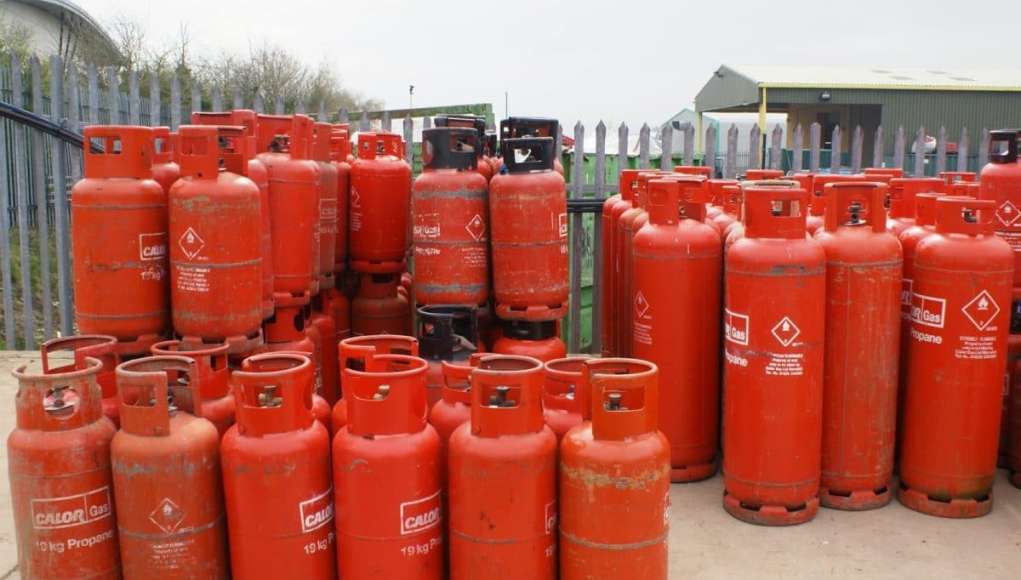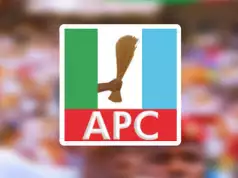A consumer body, the Cooking Gas Consumers Association of Nigeria (CGCAN) has reacted to the lingering issue of the high cost of the ex-depot price of Liquefied Petroleum Gas (LPG) popularly called cooking gas.
It said the role played by middlemen in the gas industry was the major contributory factor to the exorbitant and skyrocketing price of the essential item in the country.
The National President of CGCAN, Dr. Hakeem Olajide, was reacting particularly to reports credited to the Managing Director of Nigerian Independent Petroleum Company, NIPCO Plc, Mr. Suresh Kumar.
Recall that the Managing Director of NIPCO Plc, Mr. Suresh Kumar had claimed that the “local production of LPG was not at par with domestic demand, as the industry had expected that Nigeria should have grown to a two million metric tons per annum market.”
According to reports, the NIPCO boss explained that the local production of LPG from Nigeria and some other International Oil Companies (IOCs) was not enough to meet local demands, even though the country’s domestic LPG market recorded some progress between 2014 to 2020, growing consumption from 2, 000 metric tons per annum to 1.2 million metric tons in 2020.
‘‘But from 2020, we started witnessing a decline basically due to low local production and increased level of imports,’’ he had said.
He further explained that in order to meet up with the demand gap, the industry had to step up the volume of imports, with the cost of imported LPG far higher than locally produced ones.
But in a statement issued yesterday by its National President, the CGCAN picked holes in some of the positions of NIPCO boss, insisting that from his association’s investigations, “the marketers of LPG in the country, whom we have interacted with over these years concerning the hike in the price of cooking gas, have repeatedly told us that the hike, which we all bear the brunt, was as a result of middlemen that play gods in the industry, who the regulatory agencies have continued to use in hijacking and manipulating the prices of cooking gas in the domestic gas market.
“These middlemen are the people who do not have requisite conditions, or licensed plants, but are known to the regulators. Sometimes they register fake companies and claim to have agreements with plant owners.
“Meanwhile, the real plant owners are subjected to ridicule and are sidelined and manipulated, to suit their preferred non-qualified middlemen, as licensed plant owners are made to waste their hard-earned resources in chasing after a long list of requirements for them to be part of off-takers, an effort that normally ends with no tangible result.
“Why we are talking now is to let the world and Nigerians, in particular, to know that our association, the Cooking Gas Consumers Association of Nigeria (CGCAN), has taken upon ourselves to investigate, and in the course of such investigation, we interacted extensively with other stakeholders on why the cost of cooking gas in the country is on the high price against what is obtainable in other parts of Africa.
“We met with some plant owners on this and found that they, the plant owners or marketers as the case may be, are afraid to comment or come openly to do anything because of fear of victimization and blacklisting from the power-that-be. But, on our own, we must continue to talk about it because we are the final consumers of cooking gas, in our various homes and business premises.
“Again, late last year, we brought to the knowledge of Nigerians, through the media, the various bad dealings going on in some agencies of government that are entrusted to ensure efficient and cost-effective distribution of LPG to Nigerian homes, by ensuring a level-playing field for all the industry’s stakeholders.
“But our call for sanity and fair play in the industry was not heeded, as those in NLGN are still not ready to make the price of gas crash, because they have continued to connive with some selected Offtakers to operate in secrecy, thereby manipulating the cost of the cooking gas to the detriment of ordinary Nigerians.
“We have said it before, and we are going to reiterate it here again, there is enough gas for domestic use, against the negative picture they are painting.
“The cabal within the Offtakers cycle has continued to frustrate efforts being made to make the price of domestic cooking gas avoidable to Nigerians, because of price manipulation that suits their caprices.”
The CGCAN president also explained that “while the Offtakers get LNG product at a reduced price, they (off-takers) will, on the other hand, sell to plant owners at inflated prices, thereby making huge gains before it gets to the actual users like us.”
The difference in gain, he pointed out, “is the major reason more plant owners are blocked from getting license to lift gas by some corrupt officials of NLNG, who are paid handsomely by the few Offtakers to allow the status quo to remain the same.”
Olajide maintained that the main issue with the NLNG supply chain was the corrupt way by which the (NLNG) “selects the so-called Offtakers, as most companies that NLNG operate with, are not qualified companies, while the qualified companies are stepped down simply because of the returns they get from the unqualified ones.
“That is more reason they have kept the list of the Offtakers secret, including the model and criteria of selecting who qualifies as Offtakers, whereas the criteria for who becomes an Offtaker should include the storage capacity, trucking capacity, and spread of gas plants, especially to the urban and rural areas.
“We charge them to expand the Offtakers based on merit and criteria mentioned above, cut-off middlemen otherwise known as the cabal, in order to make cooking gas available to the masses at a reduced price.”
He disclosed that from his association’s interface with plant owners, it is obvious that including more qualified gas plant owners as Offtakers will bring down the price of gas significantly, against the postulations from some quarters.










